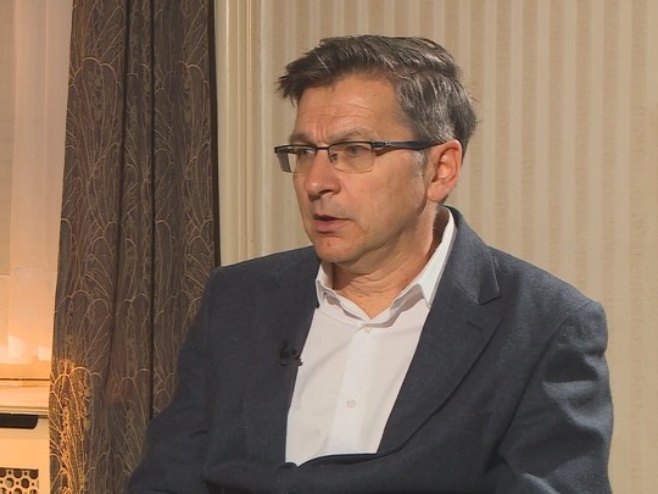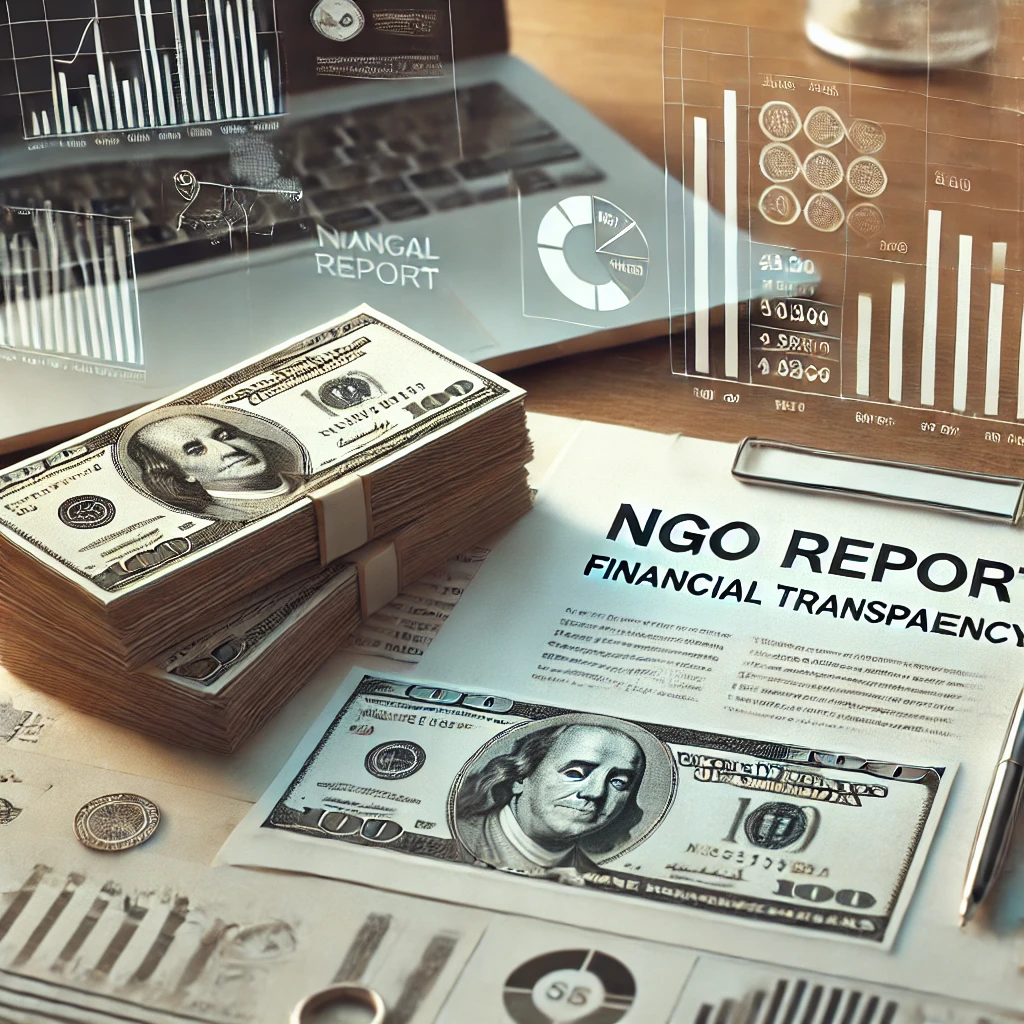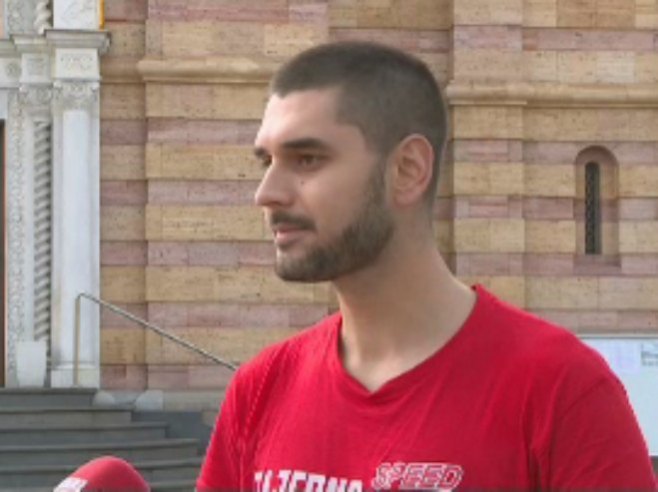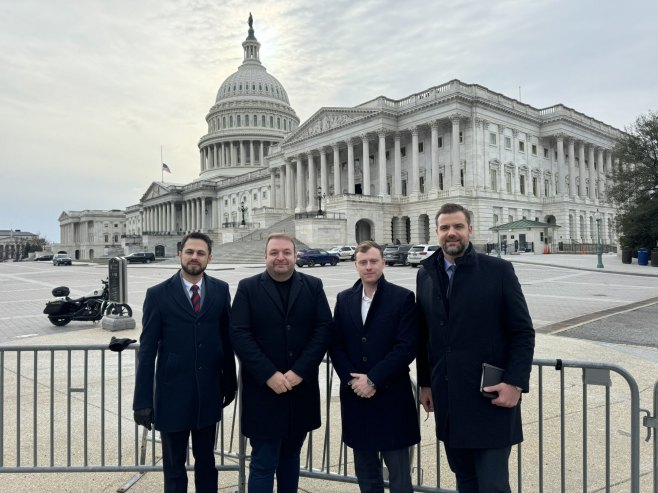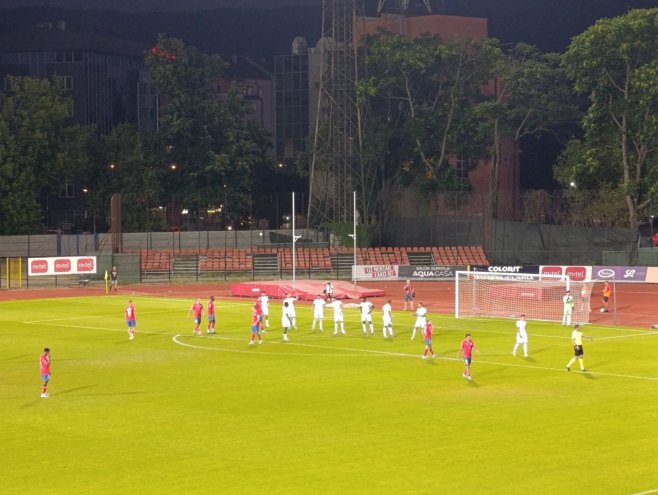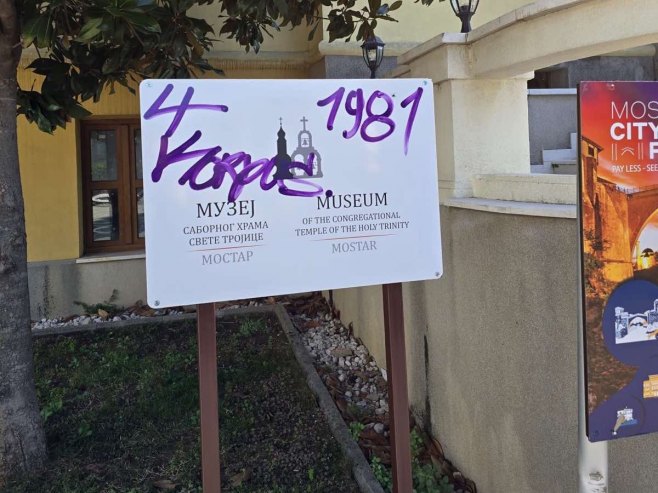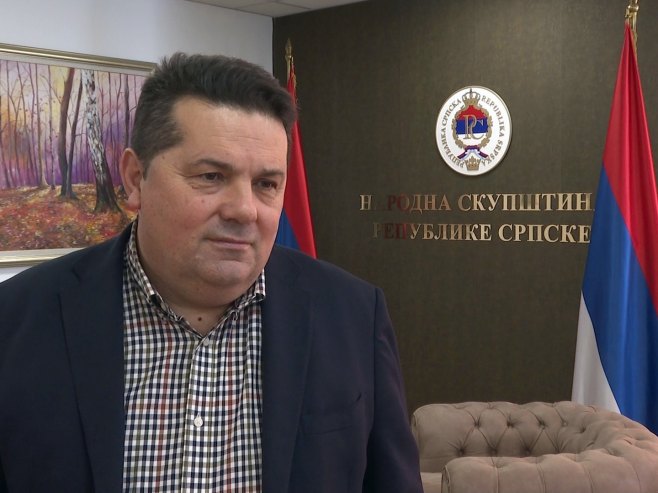The executive order issued by U.S. President Donald Trump, suspending the distribution of foreign aid for 90 days, has uncovered a staggering fact—there are 25,600 non-governmental organizations and media outlets in Sarajevo alone that are funded by the West. Clearly, an army of people is engaged in serving foreign interests.
It is also now evident why there was such an uproar when Republika Srpska introduced the draft law on the special register and public transparency of non-profit organizations. Republika Srpska has responded with a clear message: an even stricter legal framework will be proposed at the next session of the National Assembly.
Due to Trump’s executive order suspending financial assistance, panic has spread among NGOs and certain media outlets. The American portal Grayzone reports that Bosnia and Herzegovina’s NGO sector is facing the most significant impact, estimating that 25,600 NGOs in Sarajevo are directly dependent on U.S. funds. According to Republika Srpska President Milorad Dodik, Trump’s decision is a signal to introduce a new, more rigorous law on NGOs—stricter than the one previously withdrawn.
“You did not want a compromise; instead, you thought you could dictate the terms. We will pass a law that will be rigorous, and we are not interested in your opinion. There are all kinds of scoundrels here who, using foreign funds, do everything they can to tarnish the Serb people and the state of Republika Srpska. We will not retaliate, but we will say one thing—you will no longer be able to do this,” Dodik declared.
On March 23, 2023, the government of Republika Srpska adopted a draft of the law on the special register and public transparency of non-profit organizations. In September of the same year, the National Assembly passed it in draft form, granting the government six months to submit a final version. A compromise led to the law’s withdrawal, but after the American administration revealed the extent of the propaganda network against Republika Srpska, the legislation is now set to be reconsidered.
“This is a large group of people working for their own comfort and for those who fund them. They carry out an agenda often aimed at eroding our identity, sovereignty, and property while idolizing the so-called ‘golden calf’—Schmidt and various ambassadors,” stated Nenad Stevandić, president of the National Assembly of Republika Srpska.
The resistance from NGOs and so-called independent media against simple procedures like additional registration and financial reporting raises suspicions. What exactly in their operations should not be public? Shouldn’t they uphold the very “transparency” they advocate when criticizing the actions of domestic institutions?
“Many institutions, including state agencies, and even more so the NGO sector, do not advocate for the interests of the local people, our institutions, economy, and culture. Instead, they work for foreign interests, following the principle: ‘Whoever pays you, dictates your work,’” said Danijel Simić, president of the Association of Journalists of Republika Srpska.
Over the past five years, the U.S. has invested $80 million in Bosnia and Herzegovina’s media and NGO sector as part of a campaign against alleged Russian influence. It is no surprise, then, that Donald Trump and his team have sparked panic, especially with plans to bring USAID under the direct control of the State Department. The USAID website and its official pages on X (formerly Twitter) and Instagram have been taken down, though it remains unclear whether this signals the agency’s complete shutdown.
Source: RTRS
